Thyroid Supplements To Fight Age
Thyroid Supplements to Fight Age: A Comprehensive Guide to Maintaining Hormonal Balance as You Age
Aging is an inevitable part of life, a natural process that touches everyone regardless of gender, ethnicity, or lifestyle. As the years pass, we begin to notice changes in our bodies—perhaps a slight decrease in energy, changes in weight, skin that loses its youthful elasticity, or a slowdown in mental agility. While aging is unavoidable, the effects it has on our bodies can often be mitigated or managed through attentive health practices, especially by supporting our endocrine system, specifically the thyroid gland.
The thyroid, a small butterfly-shaped gland located at the front of your neck, plays a crucial role in regulating your body's metabolism, energy production, temperature regulation, and overall hormonal balance. When the thyroid functions optimally, it helps keep your body functioning efficiently. However, as we age, the health of this vital gland can decline, leading to various health issues such as hypothyroidism, weight gain, fatigue, depression, and cognitive decline.
Understanding the Aging Process and the Thyroid
Aging affects every part of your body, from your skin to your internal organs. The thyroid gland, in particular, is sensitive to age-related changes. Studies have shown that the prevalence of thyroid dysfunction increases with age, especially hypothyroidism, which is characterized by an underactive thyroid producing insufficient thyroid hormones.
Hypothyroidism can silently develop over years, often going unnoticed because its symptoms—fatigue, weight gain, cold intolerance, dry skin, constipation, and depression—are common to many aging-related conditions. Left untreated, hypothyroidism can contribute to more serious health problems, including heart disease, high cholesterol, and cognitive impairment.
The reason for this decline in thyroid function with age is multifaceted. It involves changes within the gland itself, alterations in hormone production, and the body's diminished ability to convert and utilize thyroid hormones effectively. Additionally, factors like autoimmune conditions (such as Hashimoto's thyroiditis), nutritional deficiencies (especially iodine, selenium, and zinc), environmental toxins, and chronic stress can further impair thyroid health.
The Importance of Maintaining a Healthy Thyroid as You Age
Given the central role of the thyroid in regulating metabolism and overall hormonal balance, maintaining its health is vital for healthy aging. When the thyroid is functioning optimally, it helps:
- Sustain energy levels and mental clarity
- Support a healthy weight
- Promote skin elasticity and a youthful appearance
- Enhance mood and emotional well-being
- Regulate body temperature
- Support cardiovascular health
- Maintain healthy digestion
On the other hand, hypothyroidism can lead to weight gain, tiredness, depression, thinning hair, and other age-related issues that diminish quality of life.
Therefore, proactive measures to support thyroid health can significantly influence how gracefully and healthfully you age.
The Role of Supplements in Supporting Thyroid Function
While a balanced diet and healthy lifestyle are the foundation of good health, supplements can serve as an adjunct to help maintain optimal thyroid hormone levels, especially as you age.
The goal of thyroid supplements is not to replace medical treatment but to support the body's natural processes, correct nutritional deficiencies, and promote overall endocrine health. When considering supplements, it’s crucial to consult with a healthcare professional who can evaluate your specific needs, conduct appropriate blood tests, and recommend tailored strategies.
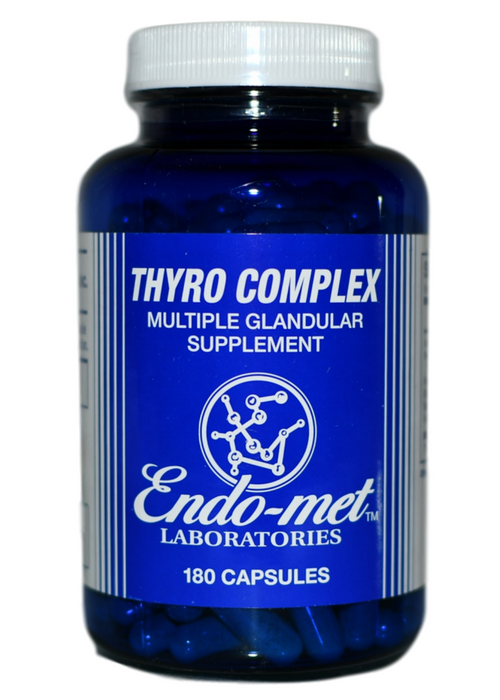
Key Thyroid-Boosting Supplements and Nutrients
1. Iodine
Iodine is essential for thyroid hormone synthesis. The thyroid gland uses iodine to produce T3 (triiodothyronine) and T4 (thyroxine). Both deficiency and excess iodine can impair thyroid function. In many countries, salt is iodized to prevent deficiency, but some individuals may need additional supplementation.
- Sources: Seaweed, seafood, dairy products, eggs, iodized salt.
- Supplement tips: Use iodine supplements cautiously, as excess intake can cause thyroid dysfunction.
2. Selenium
Selenium is a trace mineral vital for converting T4 into the more active T3 form. It also has antioxidant properties that protect the thyroid gland from oxidative stress.
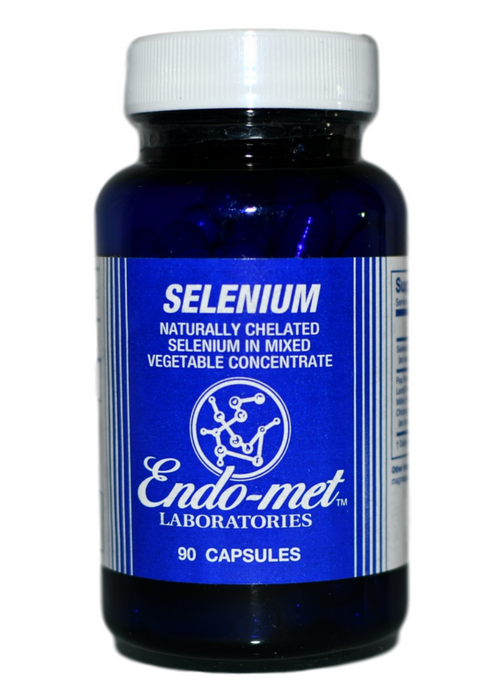
- Sources: Brazil nuts, seafood, meats, eggs.
- Supplement tips: Supplement with selenium if levels are low, but avoid excessive doses, which can be toxic.
3. Zinc
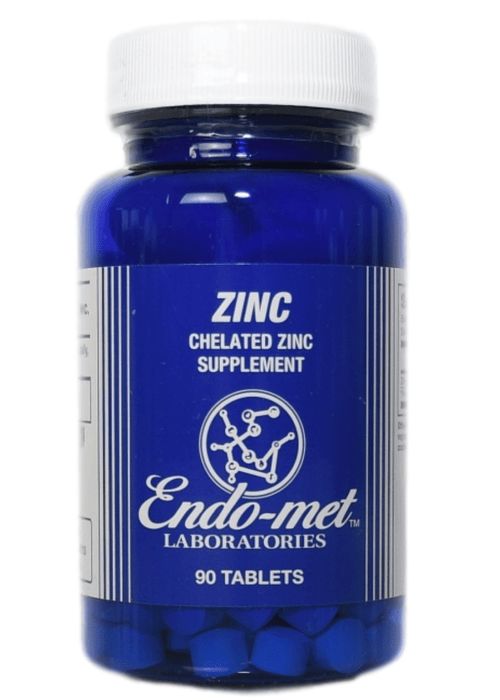
Zinc supports thyroid hormone production and conversion. Zinc deficiency can impair thyroid function and immune health.
- Sources: Meat, shellfish, legumes, seeds.
- Supplement tips: Zinc supplementation should be balanced with other minerals to avoid interference.
4. L-Tyrosine
An amino acid that serves as a building block for thyroid hormones. Supplementing with L-tyrosine may support hormone synthesis, especially in cases of deficiency.
Sources: Protein-rich foods, supplements.
5. Vitamin D
Vitamin D influences immune function and may help prevent autoimmune thyroid diseases like Hashimoto's thyroiditis.
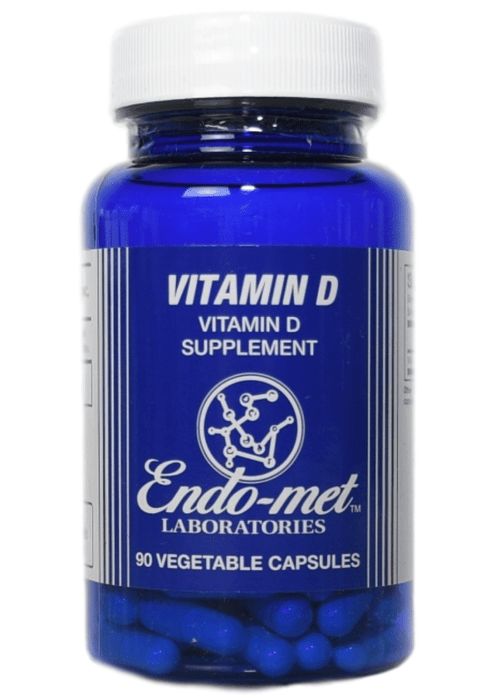
- Sources: Sun exposure, fatty fish, fortified foods, supplements.
- Supplement tips: Regular blood tests can determine optimal levels.
6. Ashwagandha
An adaptogenic herb that supports adrenal and thyroid health, helping to balance stress hormones which can negatively impact thyroid function.
- Usage: As a supplement or herbal tea, under supervision.
7. Bladderwrack and Other Seaweeds
Rich in iodine, these natural sources can support thyroid hormone synthesis when used appropriately.
- Caution: Excessive intake can lead to iodine toxicity.
Lifestyle Factors That Support Thyroid and Overall Aging
Supplements alone cannot address all aspects of aging; lifestyle choices play a crucial role in maintaining thyroid health and general well-being:
- Balanced Nutrition: Emphasize whole foods rich in essential nutrients—fruits, vegetables, lean proteins, healthy fats, nuts, and seeds.
- Regular Exercise: Promotes circulation, hormone balance, and metabolic health.
- Stress Management: Chronic stress increases cortisol, which can impair thyroid function. Practices like meditation, yoga, and deep breathing help.
- Adequate Sleep: Essential for hormone regulation and cellular repair.
- Limit Environmental Toxins: Reduce exposure to endocrine disruptors found in plastics, pesticides, and household chemicals.
- Routine Screening: Regular thyroid function tests (TSH, T3, T4, antibodies) help detect issues early.
Preventative Approaches to Aging and Thyroid Health
Prevention is always better than cure. By adopting a proactive approach, you can reduce your risk of thyroid disease and age-related decline:
Early Detection: Regular check-ups, especially if you have a family history of thyroid disease.
Nutritional Optimization: Ensuring sufficient intake of key nutrients before deficiencies develop.
Managing Autoimmune Conditions: Autoimmune thyroid diseases are common; early intervention can prevent progression.
Addressing Hormonal Imbalances: Hormone therapy may be necessary when deficiencies are identified.
Medical Interventions and When to Seek Help
Supplements and lifestyle changes are supportive measures. If you experience symptoms such as persistent fatigue, unexplained weight gain or loss, hair thinning, cold intolerance, or mood changes, consult a healthcare provider. Blood tests can confirm hypothyroidism or other thyroid dysfunctions, and appropriate treatments, including hormone replacement therapy, may be prescribed.
Conclusion: Embrace a Holistic Approach to Aging
Aging is a complex process influenced by genetics, environment, lifestyle, and health status. Supporting your thyroid health through targeted supplements, proper nutrition, stress management, and regular medical check-ups can significantly enhance your quality of life as you age.
Refine by
Glandular
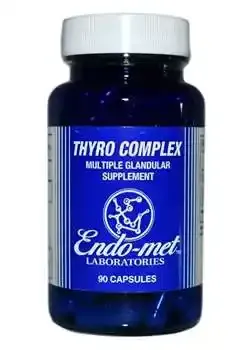
Endo-met Thyro Complex (90 Capsules)
Endo-met Thyro Complex (90 Capsules)
A comprehensive glandular formula designed to support healthy thyroid function and endocrine balance with iodine from kelp and glandular extracts.
SKU 1077
$26.00
Glandular
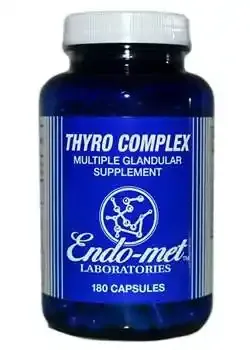
Endo-met Thyro Complex (180 Capsules)
Endo-met Thyro Complex (180 Capsules)
A comprehensive glandular supplement with thyroid, adrenal, pituitary, and spleen extracts to support thyroid health and balance.
SKU 1078
$51.00
Minerals
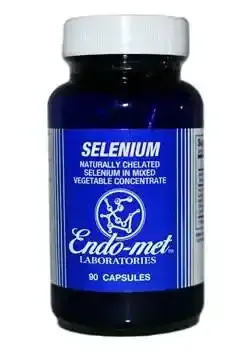
Endo-met Selenium (90 Capsules)
Endo-met Selenium (90 Capsules)
Naturally Chelated Selenium for Heavy Metal Detox & Thyroid Health
SKU 1085
$18.00
Minerals
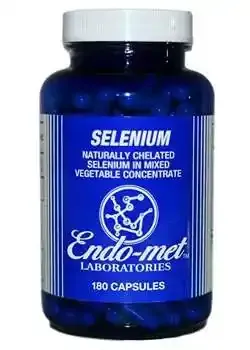
Endo-met Selenium (180 Capsules)
Endo-met Selenium (180 Capsules)
Extended Support with Naturally Chelated Selenium for Detox and Thyroid Health
SKU 1086
$35.00
Minerals
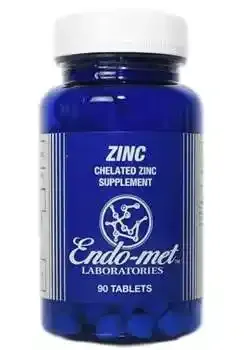
Endo-met Zinc (90 Tablets)
Endo-met Zinc (90 Tablets)
High-Potency Zinc for Immune Function, Detox, and Mineral Balance
SKU 1080
$13.00
Minerals
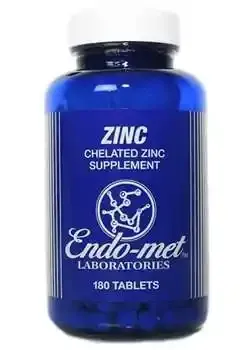
Endo-met Zinc (180 Tablets)
Endo-met Zinc (180 Tablets)
Extended Zinc Support for Immunity, Detox, and Mineral Balance
SKU 1081
$25.00
Vitamin D
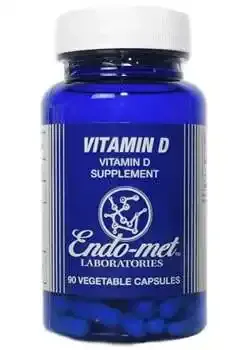
Endo-met Vitamin D (90 Capsules)
Endo-met Vitamin D (90 Capsules)
High-Potency 5,000 IU Vitamin D3 for Bone, Immune, and Overall Health
SKU 1089
$18.00
Vitamin D
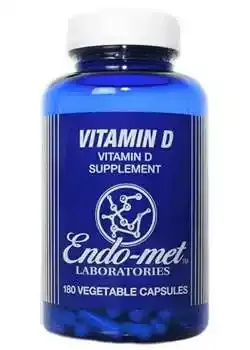
Endo-met Vitamin D (180 Capsules)
Endo-met Vitamin D (180 Capsules)
Extended High-Potency 5,000 IU Vitamin D3 for Bone & Immune Health
SKU 1426
$35.00
Powered by Lightspeed
Display prices in:USD
